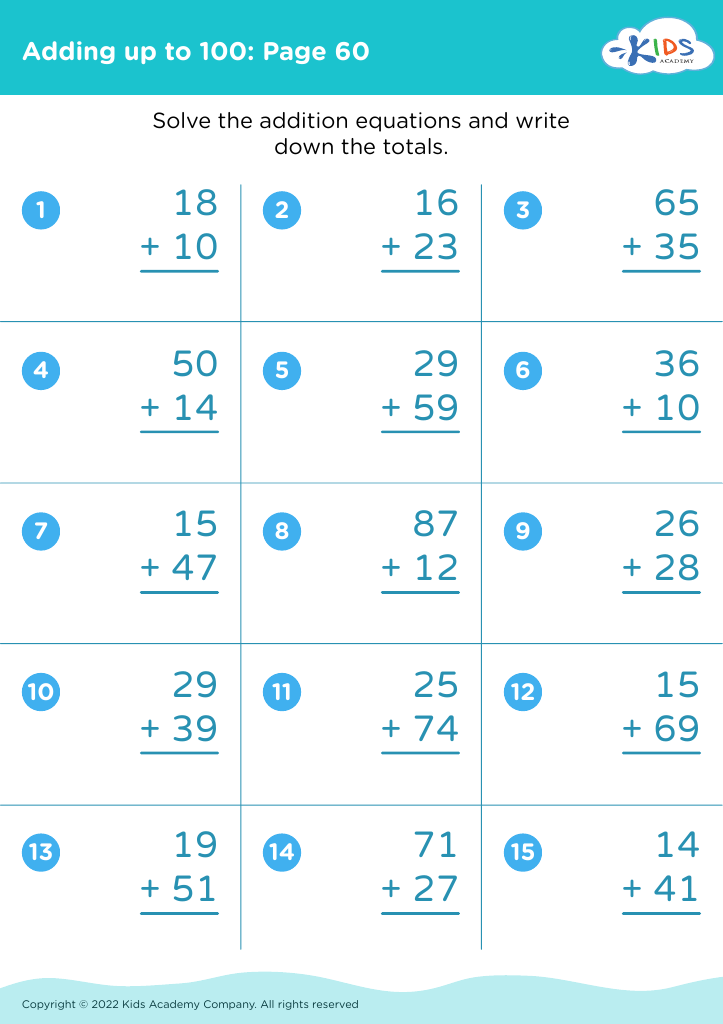Enhancing analytical skills Worksheets for Kids
5 filtered results
-
From - To
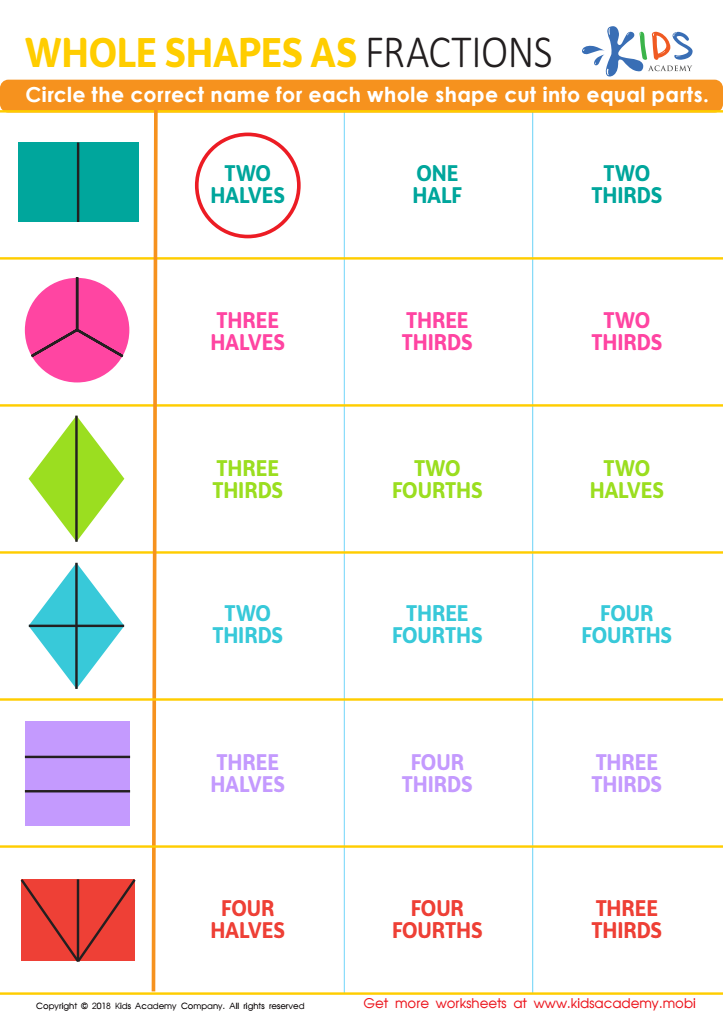

Whole Shapes as Fractions Worksheet
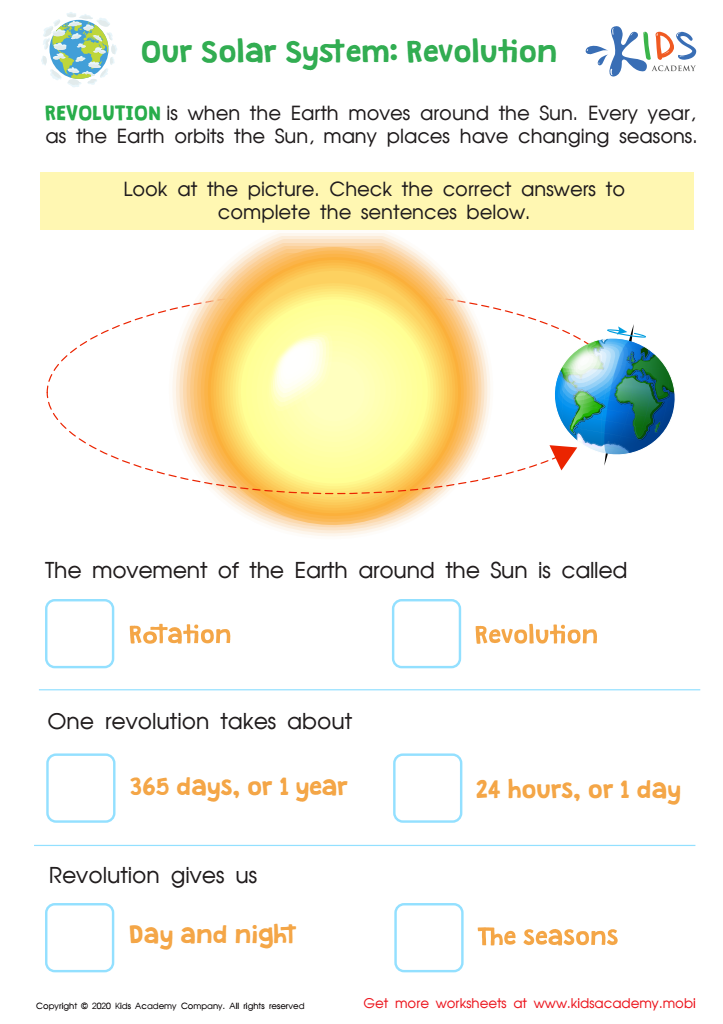

Our Solar System: Revolution Printable
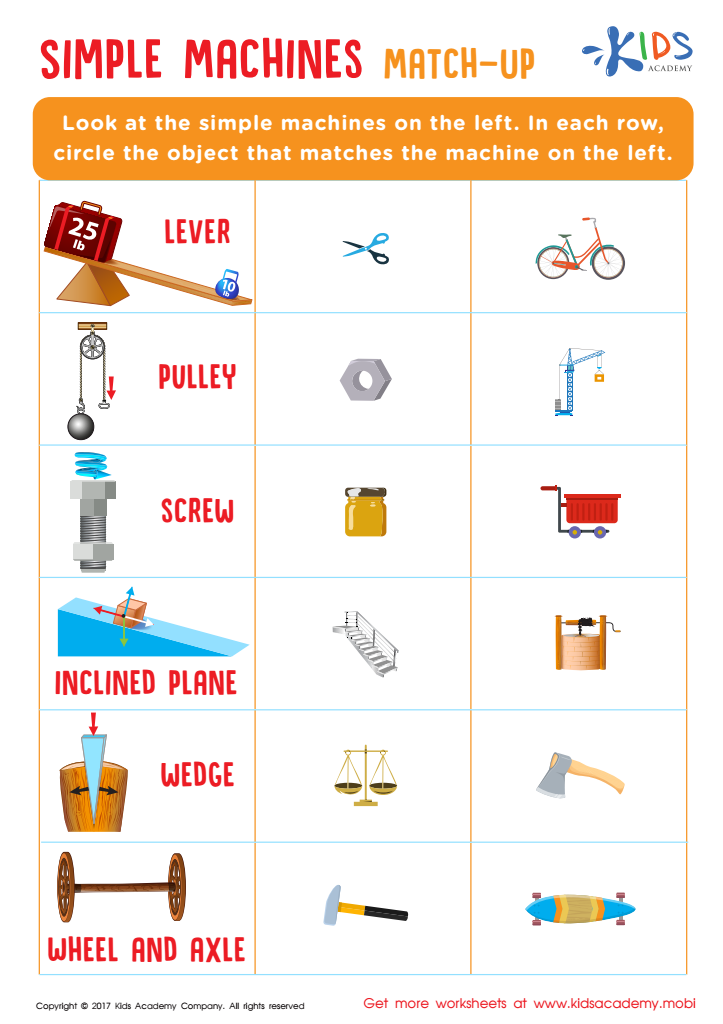

Simple Machines Worksheet
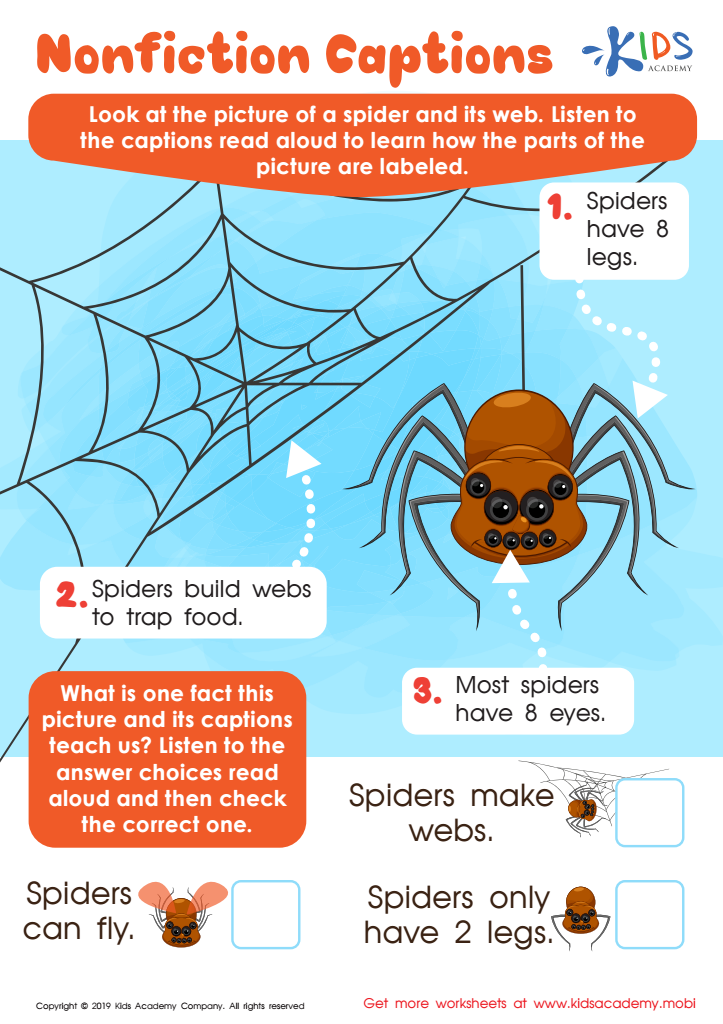

Nonfiction Captions Worksheet
Question/Answer
How to test a Grade 1 student’s Enhancing analytical skills?
To test a Grade 1 student's analytical skills, use simple puzzles, pattern recognition activities, and basic problem-solving tasks. Present scenarios requiring them to sort, classify objects, or solve straightforward riddles. Incorporate visual aids like charts or images to facilitate understanding. Ensure tasks are age-appropriate, engaging, and provide immediate feedback to foster learning and confidence in their analytical abilities.
What are some effective activities to train students’ Enhancing analytical skill when teaching them about Space?
To enhance students' analytical skills in space education, engage them in data analysis of celestial objects, simulate space missions to solve complex problems, incorporate mathematical modeling of orbital mechanics, utilize problem-based learning for space exploration challenges, and encourage the development of hypotheses and experimentation with physics-based space simulations.
How to train the Enhancing analytical skill in Grade 1 students learning about Space?
To enhance analytical skills in Grade 1 students learning about Space, introduce interactive activities such as comparing sizes and distances of planets, identifying patterns in star constellations, and simple experiments demonstrating gravity. Use puzzles and games related to space exploration to encourage problem-solving. Incorporate storytelling that involves space scenarios, prompting students to predict outcomes or suggest solutions to challenges.

 Assign to the classroom
Assign to the classroom
